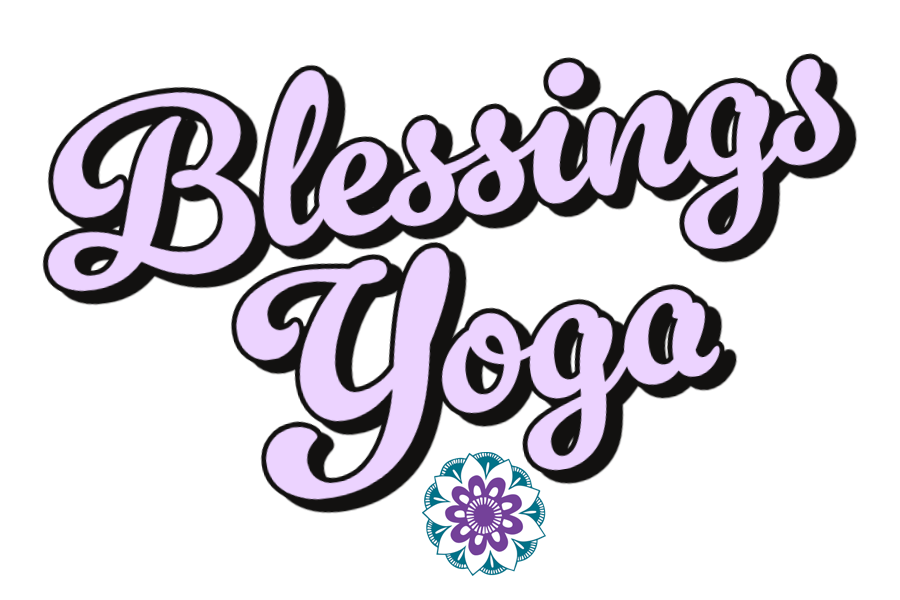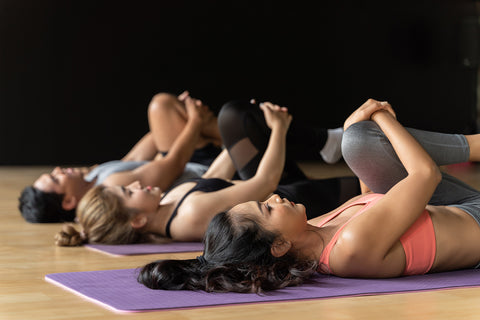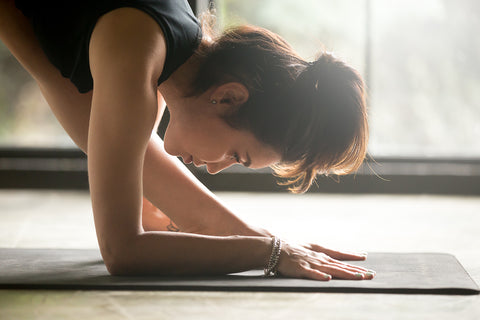When I first started practicing Yoga, I loved everything about it. I attended weekly classes and enjoyed learning sequences of movements that energized and activated my life force within. Today, I love sharing that passion with others.
Newcomers to Yoga often arrive with open cups for learning. They are usually filled with excitement and a bit of trepidation. Learning something new can bring feelings of vulnerability. But, if you take that first step through the door to a new Yoga class, curiosity usually takes over and you soon find yourself reconnecting with your body and breath. If you are new to Yoga, here a a few tips to get you started:
- Start with a beginner-friendly class and yoga style: There are many different styles of yoga, some of which are more physically challenging than others. If you're new to yoga, consider starting with a gentle or beginner-friendly class and style like Hatha or Vinyasa Flow.
- Practice regularly: If possible, try to practice at least 2-3 times per week, even if it's just for a few minutes each day. Yoga has an accumulative effect and the more you practice, the more you begin to experience Yoga's many benefits.
- Listen to your body: It's always important to listen to your body. Yoga isn't like exercise classes where you push yourself until it hurts. Just the opposite. Yoga should never hurt. So just at that point where you begin to feel tension, soften. If a pose feels uncomfortable or painful, ease out of it or modify the pose to make it more accessible.
- Focus on your breath: Breathing is integral in all aspects of Yoga including consciously breathing in each movement of a pose. It requires your complete focus and attention. If your mind wanders, that's completely normal. If you find that happening, pause and bring your attention back to your body and breath.
- Find a qualified instructor: A qualified yoga teacher can help you learn the proper alignment and modifications for poses, and can also offer guidance and support as you develop your practice.
- Use yoga props for support: props such as pillows, blocks, and bolsters help you modify and reach the function of a pose that might be out of reach for the current state of your body. Don't be afraid to try them out when a teacher offers them to you for modifying poses.
- Wear comfortable clothing: You don't have to wear Yoga clothes to practice Yoga. Any loose fitting or stretchy clothing that allows you to move freely is suitable. This includes work and professional attire as long as it is comfortable to move and bend in.
- Stay hydrated: Make sure to drink plenty of water before, during, and after your yoga practice to stay hydrated.
- Remember, yoga is a journey: it's important to be patient and kind to yourself as you begin your practice. With time and practice, you'll start to see the benefits of yoga in your mind, body, and spirit.



